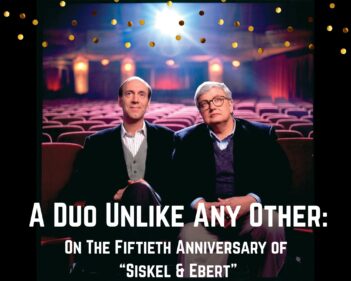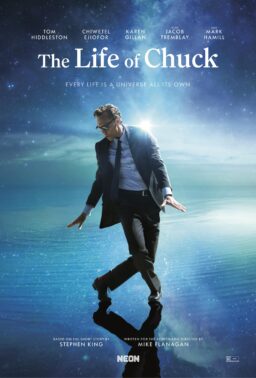From: Carlos Gonzalez Aburto, Concepcion, VIII Region, Chile
I’ m a 20 year old sociology student from Chile. Having seen “Crash” only a couple of weeks ago (we don’t have the same release dates as in USA), I must say I am impressed on the many attacks the movie has received, mostly mocking it for possessing a liberal tone, being based on stereotypes and a typical moralizing Hollywood movie. I think by living so far away from the Hollywood reality and the perception of a movie industry, I can see the film for what it is without, observe the irony, being determined by prejudices, like thinking that this is a typical “racism is very, very, very bad” kind of Hollywood produced film.
On the stereotypes, what Haggis and Moresco where trying to do was to, in a first approach, show the characters as archetypes and let us, the spectators, make a judgment (oh, this cop is a bastard), and then, on a second approach, break those already constructed archetypes and judgments (oh, he is that way because of his father’s problem), to make a third moment, in which the spectator judges critically his own judgments. It’s like Hegel’s dialectic or Eisenstein’s montage: point, counterpoint, fusion.
Using this process, let’s analyze the scene where the Sandra Bullock character is waiting for the Michael Pena character to change the locks. She is stressed, nervous, altered, etc. Her husband asks her to calm, she erupts because nobody seems to understand her. She makes statements based on prejudice (“prison tattoos”). We can understand her up to a point, but we immediately judge her for these statements. But then she explains the way of her behavior, and we question our first judgment, and understand her.
Which brings us to the topic of the movie. The racism is just a tool that Haggis and Moresco use to make us think about our judgments and prejudices. They don’t say that prejudices are bad, they say that we should be careful. Although many people would never admit it, prejudices help us arrange our world. Now do we dare judge prejudices so lightly?
If a movie that leads to these conclusions is downright mediocre, then I must say I don’t know heck about films.











